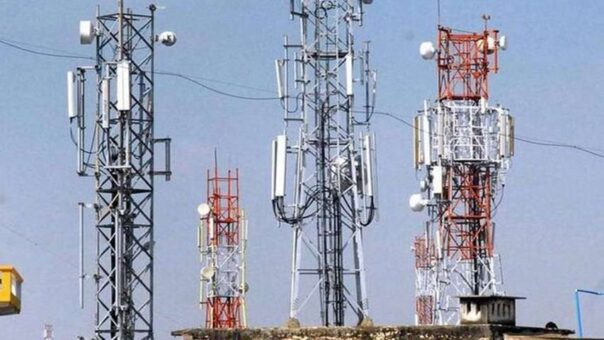Karachi, December 1, 2024 – The Federal Board of Revenue (FBR) has reiterated its policy of collecting advance income tax from telephone and internet users under Section 236 of the Income Tax Ordinance, 2001.
This move, applicable for the tax year 2025, ensures continuity in the tax rates for most users while enforcing stricter penalties for non-compliant taxpayers.
The FBR stated that the tax rates outlined in the Income Tax General Order (ITGO) apply to individuals not listed on the Active Taxpayers List (ATL). These measures aim to enhance compliance and discourage tax evasion, particularly from non-compliant individuals who face significantly higher rates.
Scope of Advance Income Tax
Section 236 mandates the collection of advance income tax on several telecommunication and internet-related transactions, including:
• Telephone bills: Applicable to subscribers.
• Prepaid cards: For telecommunication and internet services.
• Electronic transactions: Sale of units via any electronic medium.
• Internet bills: For individual subscribers.
The process for tax collection varies by transaction type. Service providers issuing telephone or internet bills are responsible for including the advance tax in the billing process. Similarly, sellers of prepaid cards and electronic units must collect this tax at the point of sale.
Exemptions
The following entities and individuals are exempt from this tax:
1. Government bodies.
2. Foreign diplomats or diplomatic missions.
3. Tax-exempt individuals who provide a certificate from the Commissioner.
Advance Tax Rates
The applicable rates under Section 236 are as follows:
• Landline telephone users: For monthly bills exceeding Rs. 1,000, a 10% tax applies to the amount exceeding this threshold.
• Internet and mobile phone users: A 15% tax is charged on the bill amount or the sale price of prepaid cards and electronic units.
• Non-compliant taxpayers (under ITGO): A steep 75% tax is imposed on the same transactions for individuals not listed on the ATL.
Implications
These measures reflect the government’s efforts to broaden the tax net and ensure equitable revenue collection. Non-compliant individuals are heavily penalized, incentivizing registration on the ATL. Meanwhile, regular taxpayers face consistent rates, underscoring the importance of compliance for financial accountability.
This policy, while controversial, aligns with the government’s strategy to strengthen Pakistan’s revenue base amid economic challenges.
